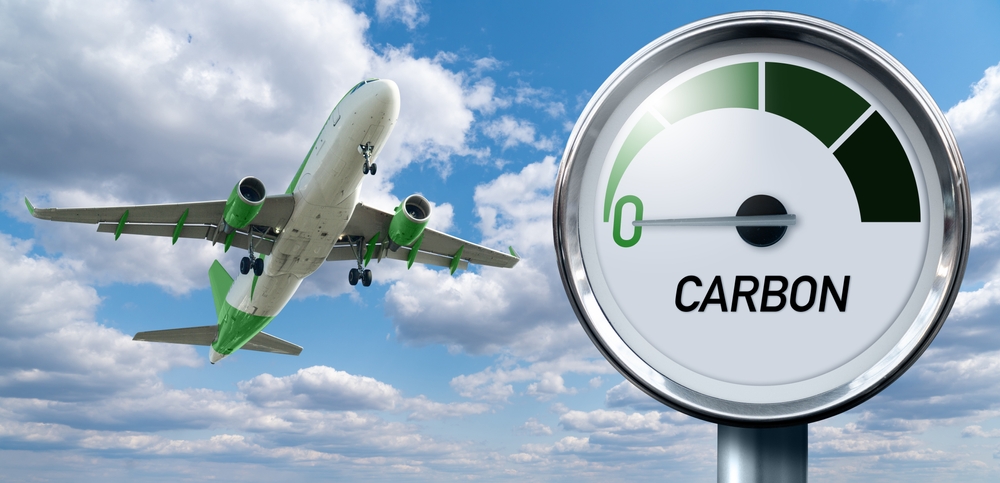Virgin Atlantic, along with its consortium partners including Rolls-Royce, is set to operate the world’s first 100% Sustainable Aviation Fuel flight across the Atlantic on November 28, 2023.
The flight will travel from London Heathrow to New York JFK on a Boeing 787 Dreamliner. The consortium leading the project, jointly funded by the UK Department for Transport, includes Rolls-Royce, Boeing, the University of Sheffield, Imperial College London, and Rocky Mountain Institute.
Prior to the flight, a successful ground test of the Rolls-Royce Trent 1000 engine using the SAF blend was completed, marking a significant milestone in the project. The SAF blend used in the ground test consists of 88% Hydroprocessed Esters and Fatty Acids (HEFA) pathway and 12% synthetic aromatic kerosene (SAK) SAF. The successful ground test is a significant development, although the flight still requires further approvals to take place in November.
Shai Weiss, CEO, Virgin Atlantic, commented: ‘The 100% Sustainable Aviation Fuel transatlantic flight will be a historic moment in aviation’s roadmap to decarbonisation. Alongside fleet transformation, SAF is the most readily available way for our industry to decarbonise, but currently there’s not enough supply and without it and the radical collaboration required to produce it, we can’t meet our 2030 targets. We need UK government support to create a UK SAF industry to allow for every single flight out of the UK to operate with 100% SAF – if we make it, we can fly it.’
Air bp and Virent have been chosen as fuel suppliers to provide the required 60 tonnes of SAF for the flight. The SAF production includes both HEFA and SAK SAF at an 88% and 12% blend ratio. A successful completion of the world’s first 100% SAF transatlantic flight will be a significant achievement for the aviation industry, showcasing the potential of SAF as a viable solution for sustainable long-haul flight. While SAF currently represents a small fraction of jet fuel volumes, the flight will demonstrate the potential for 100% SAF as a drop-in replacement for traditional fossil fuel.
In addition to the SAF flight, the project will focus on researching and addressing other environmental impacts of the aviation sector. The consortium aims to contribute to the reduction of CO2 emissions through operational efficiencies, research the non-CO2 effects of flying, and conduct an end-to-end life cycle analysis of the flight. Any remaining CO2 emissions from the flight will be offset through innovative carbon removals from biochar projects.

